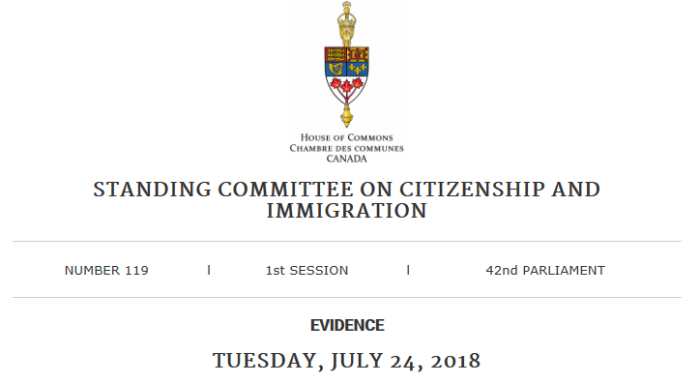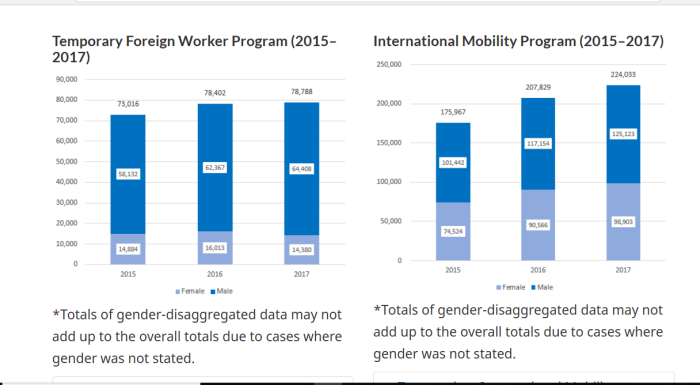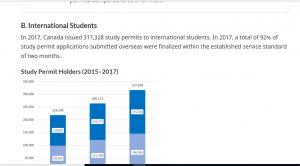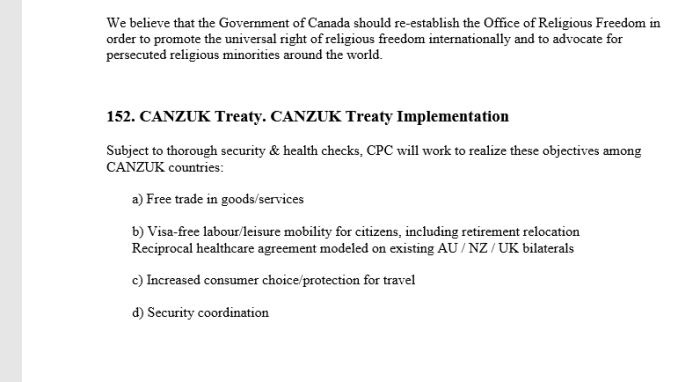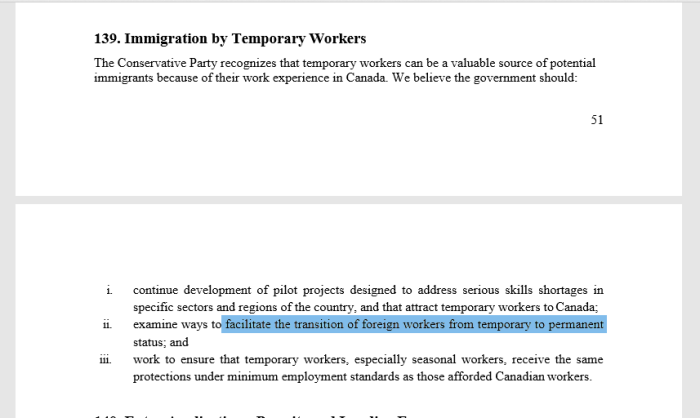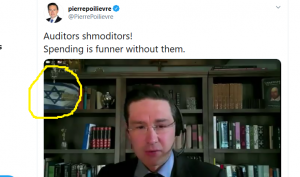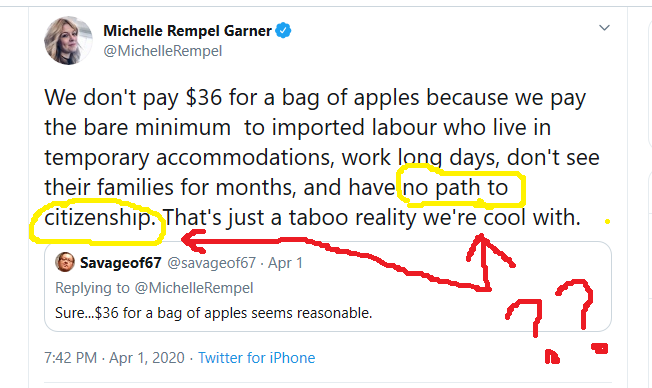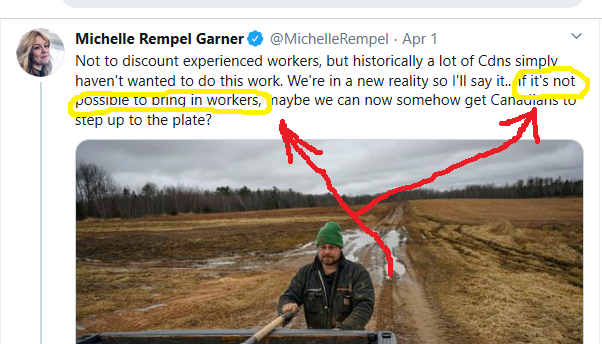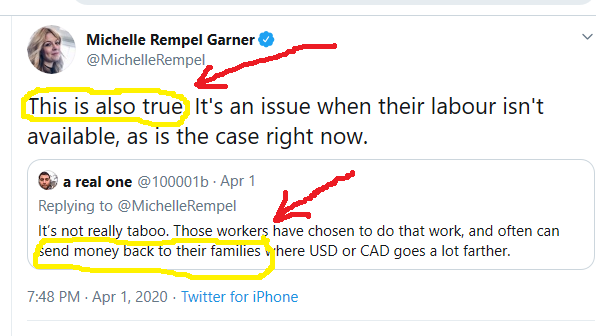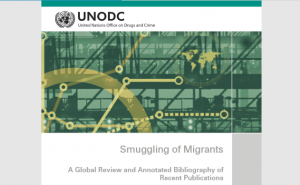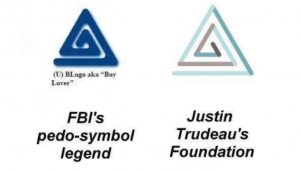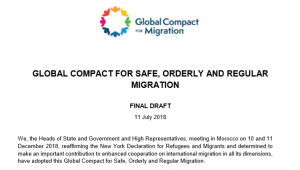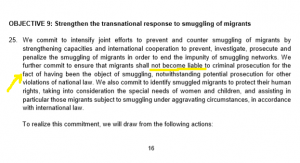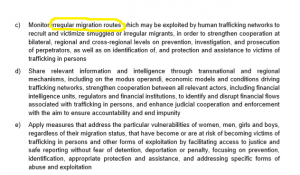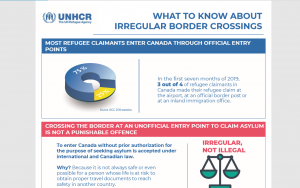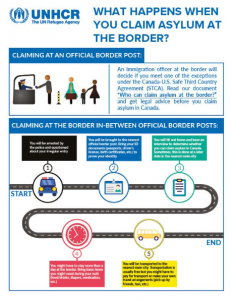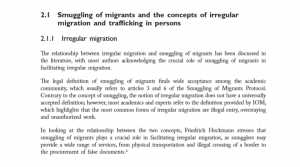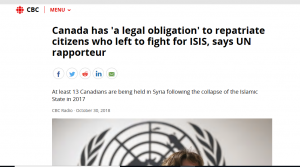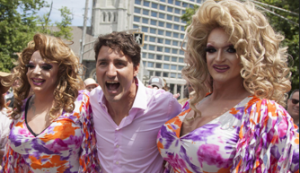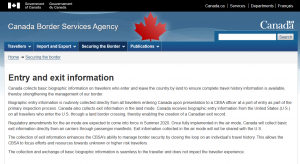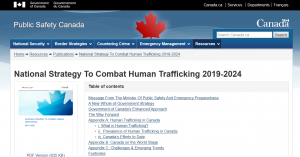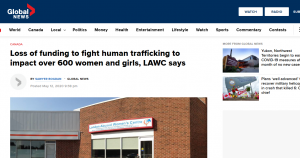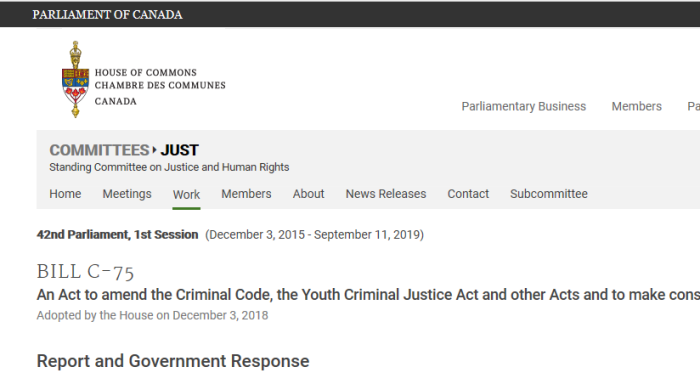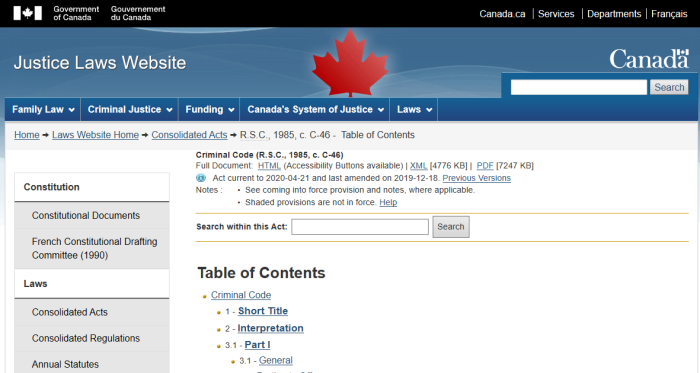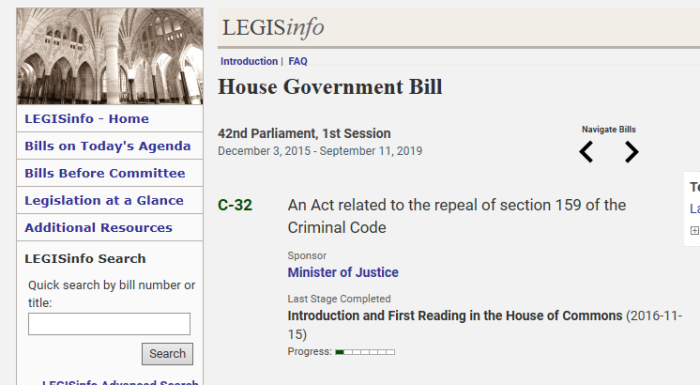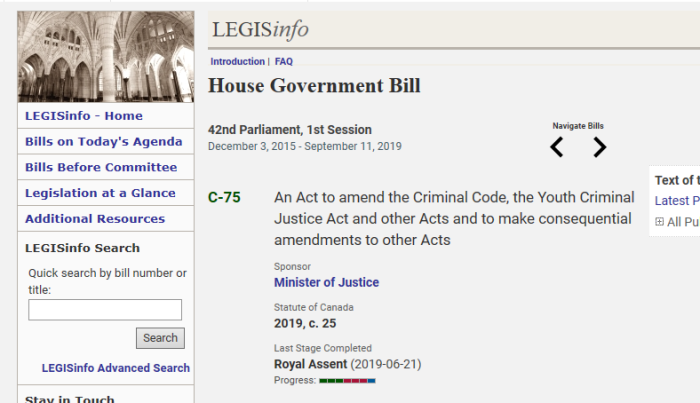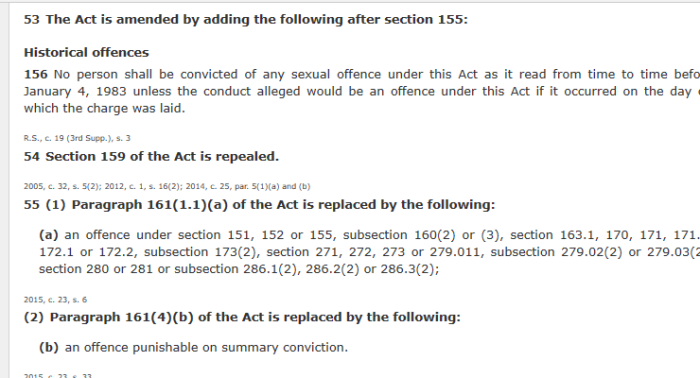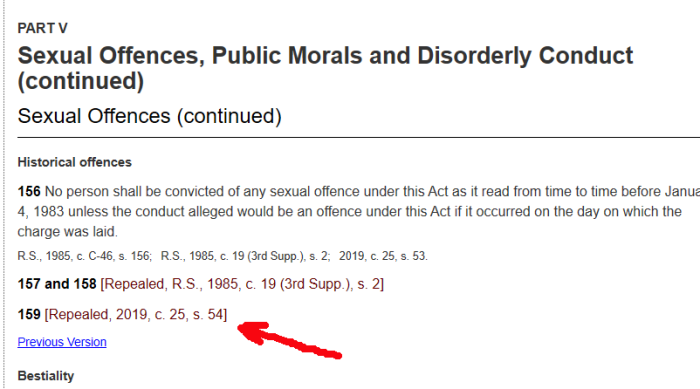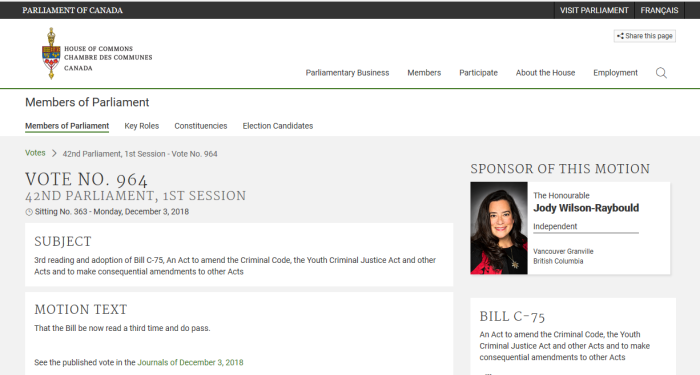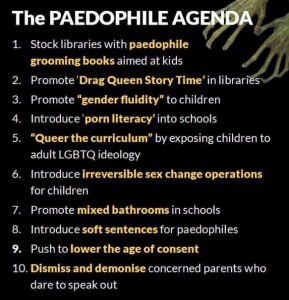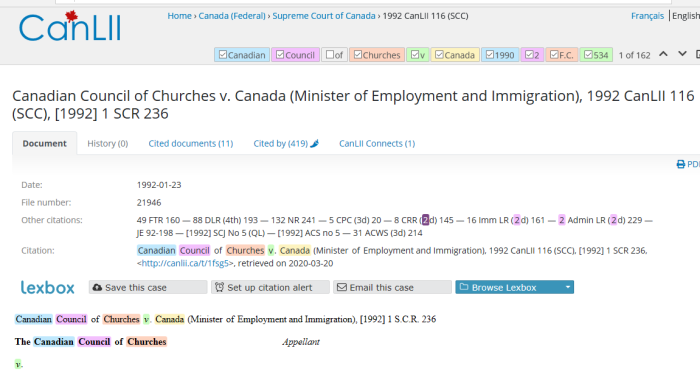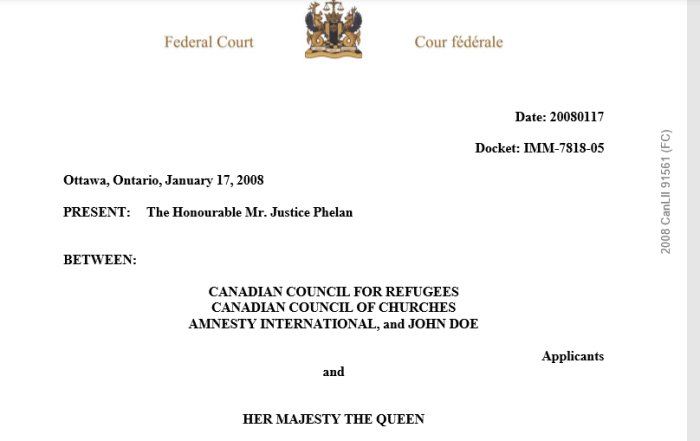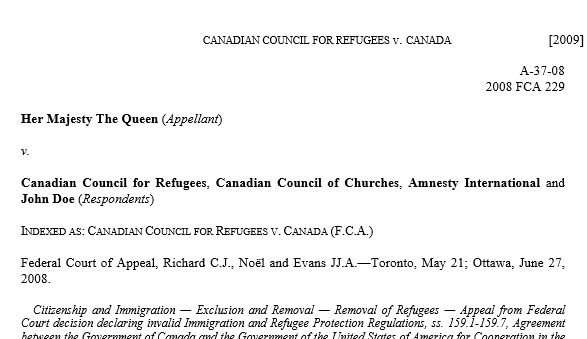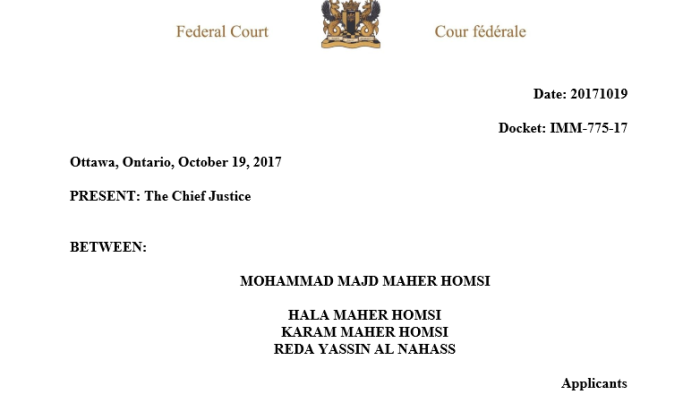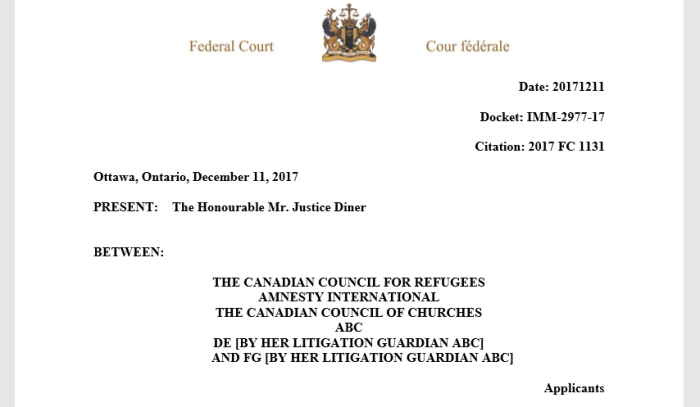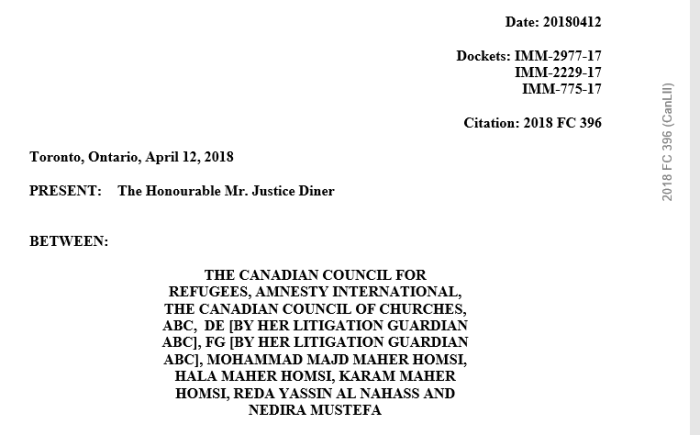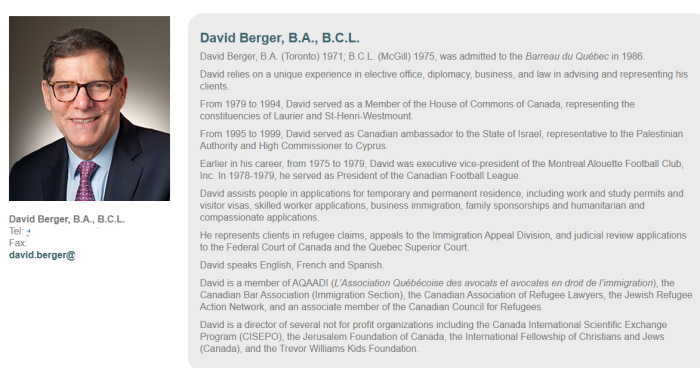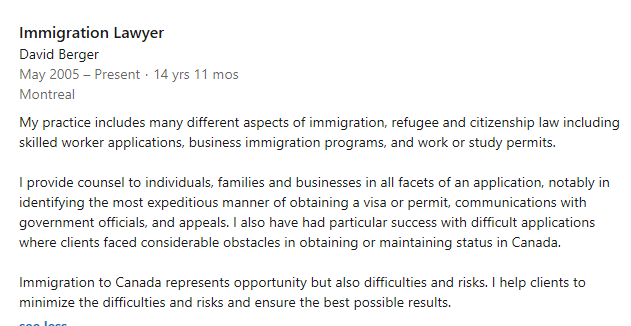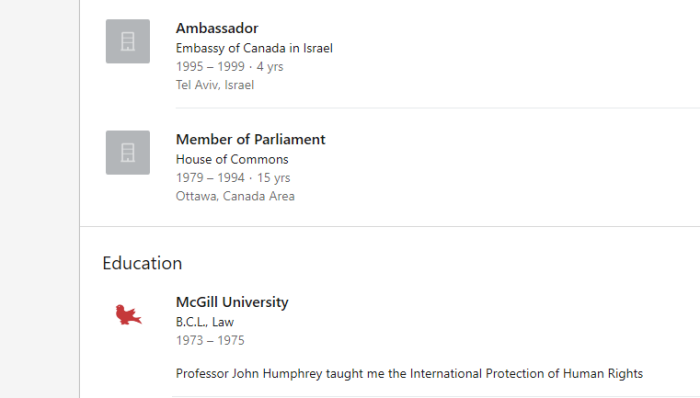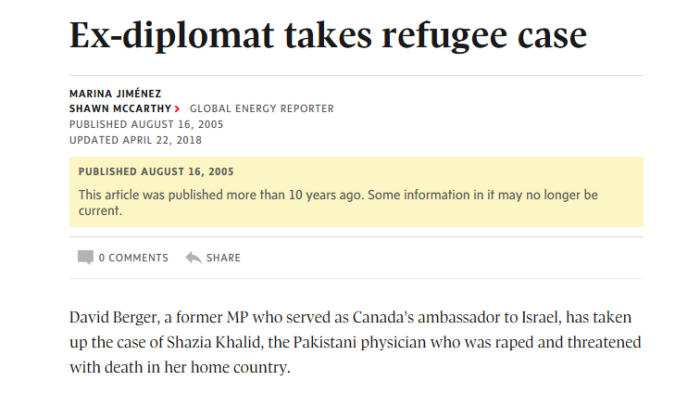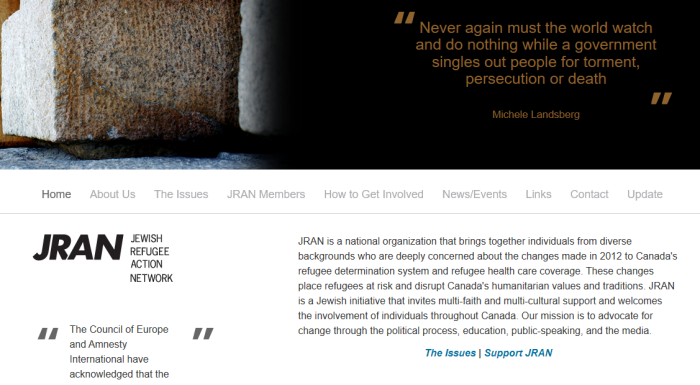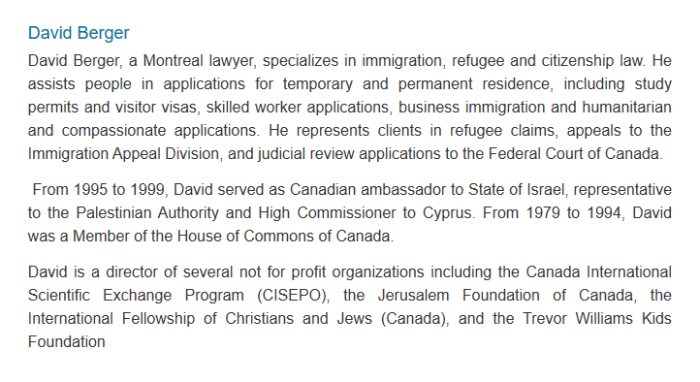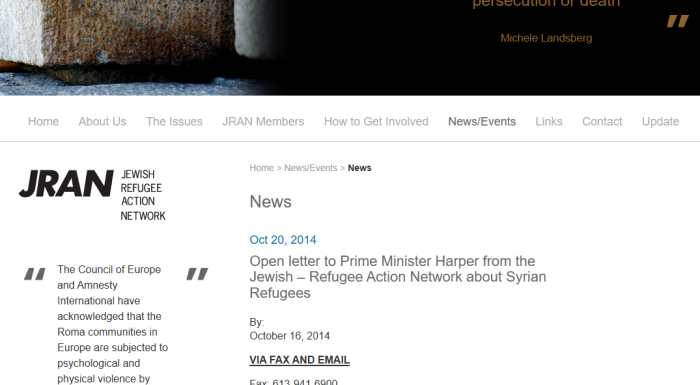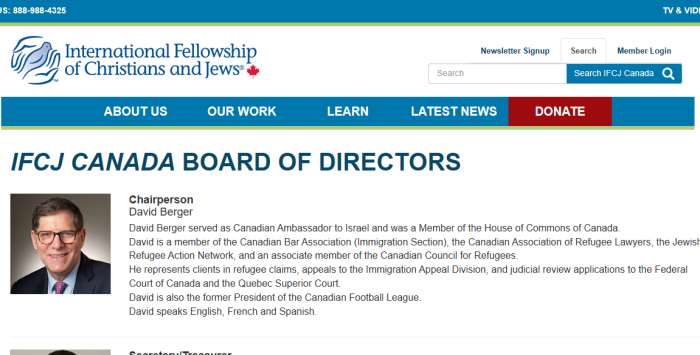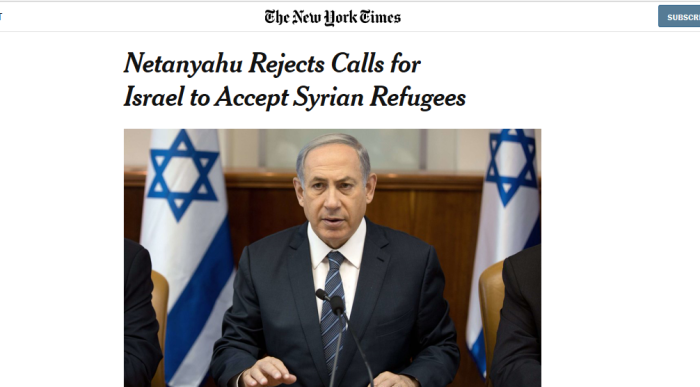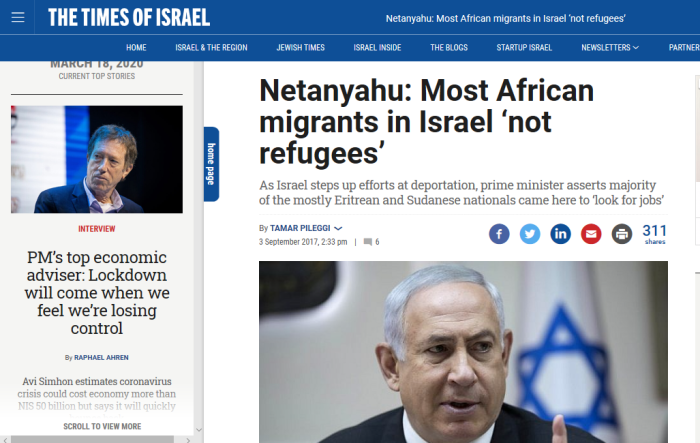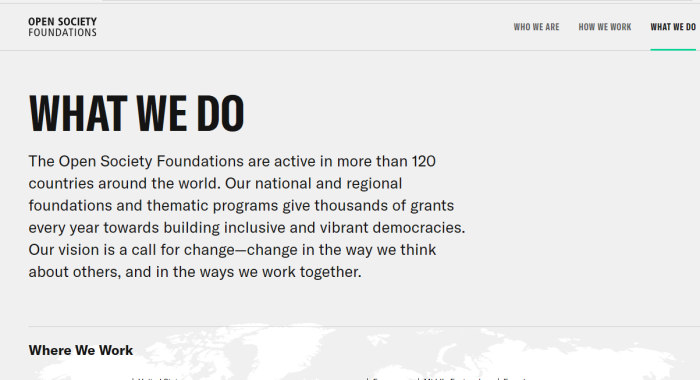
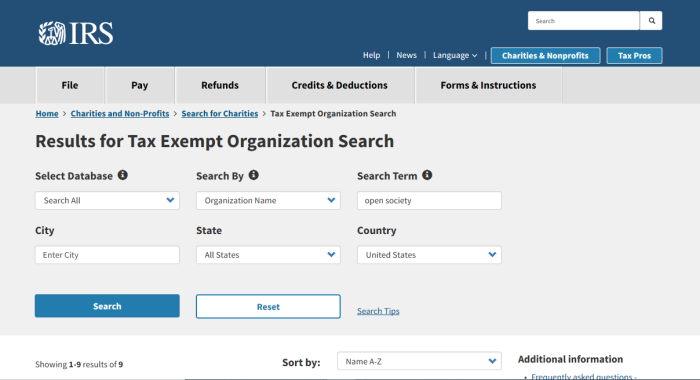
1. Trafficking, Smuggling, Child Exploitation
Serious issues like smuggling or trafficking are routinely avoided in public discourse. Also important are the links between open borders and human smuggling; between ideology and exploitation; between tolerance and exploitation; between abortion and organ trafficking; or between censorship and complicity. Mainstream media will also never get into the organizations who are pushing these agendas, nor the complicit politicians. These topics don’t exist in isolation, and are interconnected.
2. Important Links
(1) https://apps.irs.gov/app/eos/
(2) https://realisticobserver.blogspot.com/2017/04/fyi-206-us-organizations-funded-by.html
(3) http://archive.is/qTXUo
(4) https://www.opensocietyfoundations.org/who-we-are/financials
(5) http://archive.is/NwmN7
(6) ttps://www.unhcr.org/news/press/2016/9/57e0e2784/canada-unhcr-open-society-foundations-seek-increase-refugee-resettlement.html
(7) http://archive.is/tqdRc
(8) https://www.cbc.ca/news/politics/private-refugee-sponsorship-soros-un-1.3769639?cmp=rss
(9) http://archive.is/zvvNx
(10) https://thegoldwater.com/news/9164-Soros-and-Clinton-Organisations-Both-Donated-1-75-Million-to-Antifa
(11) http://archive.is/ZnuYs
(12) https://www.pueblosinfronteras.org/
(13) http://archive.is/UGX8N
(14) https://www.wnd.com/2018/04/border-caravan-call-it-the-george-soros-express/
(15) http://archive.is/p0KKw
See section #8 for links to the various groups that George Soros and the Open Societies are financing. This will give insight as to what the motivations are.
3. Context For This Article
Knowing who funds an organization is important to knowing its real goal, especially if it is something other than profit. Money speaks louder than words. This review looks at the various Open Society groups headed by George Soros, and where the money is going. The Open Society funds a variety of causes, but the goal is the same: collapse of Western Civilization.
Some examples include:
- Open borders NGOs are funded in order to advance policies of loosening immigration rules. This means funding political candidates who share these views
- Cultural Marxist groups are funded since their goal is upending social norms. They claim that others are being oppressed, and are anti-white, in particular anti-white men. Note: these groups often share open borders ideals.
- So-called “anti-hate” groups are funded, whose objective is to silence legitimate criticism of multiculturalism and mass migration.
- Open Society funds scholarships of foreign students often leads to them permanently settling in the West, especially with the diversity laws on the books. As such, student visas are a form of backdoor population replacement.
- Open Society partners with the Canadian Government (and other Governments) on refugee relocation programs
- Open Society indirectly finances court challenges to strike down, amend or otherwise weaken our borders
To put it mildly, this is a convoluted mess of connections and financing. This critique in no way covers everything that is going on. However, it is meant to shed light on how bad the problem is.
4. Review By Civilian Intelligence Network
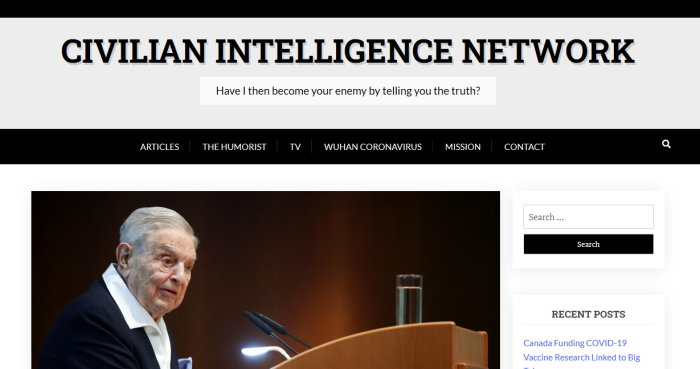
The corruption of higher education by the Soros cabal was covered by Civilian Intelligence Network in this earlier article. In depth and with a lot of detail, it is worth a long read. This will not be a rehash of the CIN piece, but rather some different coverage brought to George Soros.
5. Open Society Group Tax Records
OPEN SOCIETY FUND INC.
EIN: 13-3095822
open.society.fund.2016
open.society.fund.2017
open.society.fund.2018
OPEN SOCIETY INSTITUTE
EIN: 13-7029285
open.society.institute.1.2016
open.society.institute.1.2017
open.society.institute.1.2018
OPEN SOCIETY POLICY CENTER
EIN: 52-2028955
open.society.policy.center.2016
open.society.policy.center.2017
open.society.policy.center.2018
FOUNDATION TO PROMOTE OPEN SOCIETY
EIN: 26-3753801
foundation.to.promote.open.society.2016
foundation.to.promote.open.society.2017
foundation.to.promote.open.society.2018
SOLIDARITY FOR OPEN SOCIETY INC.
EIN: 45-4209345
No tax returns yet, just determination letters
INSTITUTE FOR OPEN SOCIETY IN MIDDLE EAST
EIN: 46-5635908
No tax returns yet, just determination letters
FUND FOR AN OPEN SOCIETY
EIN: 52-1035144
fund.for.open.society.2016
fund.for.open.society.2018
ALLIANCE FOR OPEN SOCIETY INTERNATIONAL
EIN: 81-0623035
international.alliance.open.society.2016
international.alliance.open.society.2017
There isn’t a single Open Society Group. Rather, it is a series of charities available for tax-exempt status. The above records are available with this link, and searching the IRS.
6. Michael Ignatieff VP Open Society Fund
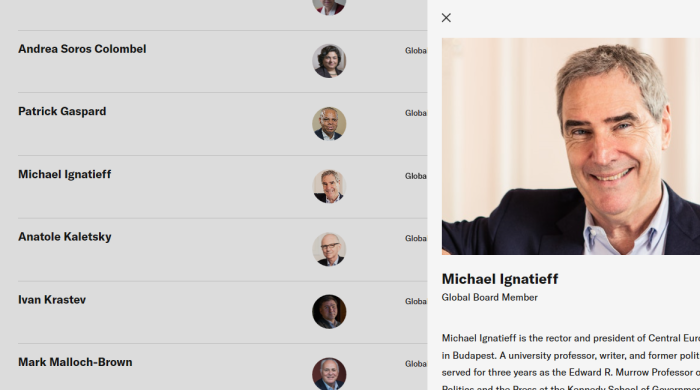
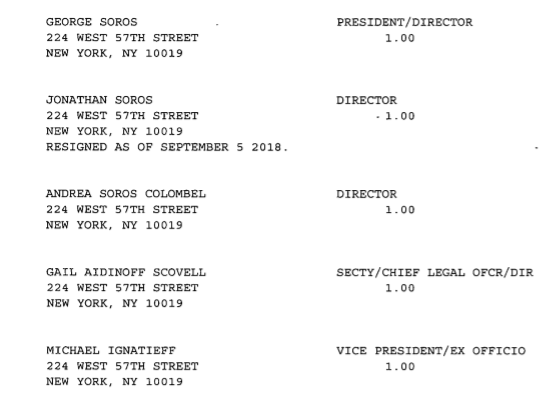
Michael Ignatieff is the rector and president of Central European University in Budapest. A university professor, writer, and former politician, Ignatieff served for three years as the Edward R. Murrow Professor of the Practice of Politics and the Press at the Kennedy School of Government at Harvard University, where he was the director of the Carr Center for Human Rights Policy from 2000 to 2005.
Ignatieff earned his doctorate in history at Harvard University, and has taught at the Munk School of Global Affairs, University of Toronto; Kings College, Cambridge; the London School of Economics and Political Science; and the University of British Columbia. Active in Canadian politics from 2006 to 2011, Ignatieff was a member of parliament and leader of the Liberal Party. An author and journalist, he is widely published, including Fire and Ashes: Success and Failure in Politics (2013) and The Ordinary Virtues: Moral Order in a Divided World. In 2019, he was awarded The Dan David Prize for the defense of democracy.
Does that last name look familiar? It should. Michael Ignatieff used to be the head of the Canadian Liberal Party, from early 2009 until mid 2011. Only the biggest defeat in Liberal history kept him from becoming Prime Minister. He is now on the Board of the Open Society Foundation.
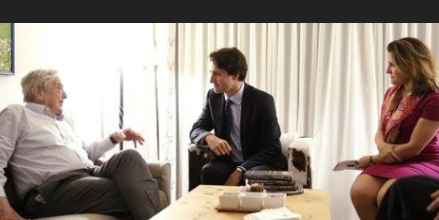
Ignatieff crashed and burned in the May 2011 Federal election. However, Soros would get a Liberal Prime Minister as a puppet in the very next session. As a bonus, Chrystia Freeland would also get elected, and get chosen for Foreign Affairs Minister.
7. Areas Open Society Finances
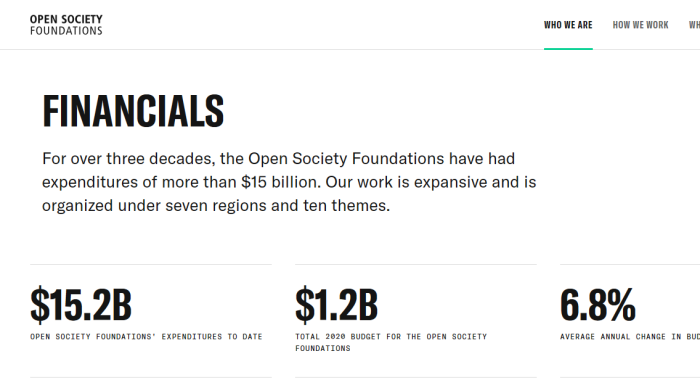
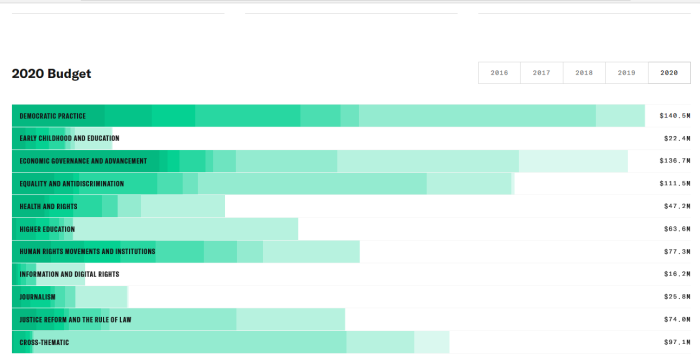
| CATEGORY | 2016 | 2017 | 2018 | 2019 | 2020 |
|---|---|---|---|---|---|
| DP | $76.5M | $102.9M | $113.9M | $99.3M | $140.5M |
| ECE | $18.6M | $20.7M | $21.9M | $21.3M | $22M |
| EGA | $76.7M | $127.4M | $146.2M | $131.7M | $136.7M |
| EAD | $75.8M | $82.4M | $80.2M | $85.3M | $111.5M |
| HR | $47.3M | $58.8M | $50.1M | $46.8M | $47.2M |
| EDU | $26.0M | $19.5M | $52.2M | $85.3M | $63.7M |
DP = Democratic Practice
ECE = Early Childhood Education
EGA = Economic Governance & Advancement
EAD = Equality & Anti-Discrimination
HR = Health & Rights
EDU = Higher Education
For the entire list that Open Society discloses.
8. Groups Open Society Helps Fund
For a glimpse into what groups Open Society sees as worthy of funding, consider this 2016, 2017, and 2018 returns, and the names that are on it. There are a lot of NGOs and civil societies who receive Soros money.
EIN: 52-2028955
| GROUP | YEAR | AMOUNT GIVEN |
|---|---|---|
| American Civil Liberties Union | 2016 | $170,000 |
| Advance Carolina | 2016 | $112,500 |
| Alliance San Diego Mobilization | 2018 | $150,000 |
| America’s Voice | 2018 | $575,000 |
| American Immigration Council | 2016 | $190,000 |
| American Immigration Council | 2017 | $190,000 |
| American Immigration Council | 2018 | $35,000 |
| American Jewish World Service | 2017 | $150,000 |
| Amnesty International USA | 2016 | $350,000 |
| Amnesty International USA | 2017 | $350,000 |
| Amnesty International USA | 2018 | $250,000 |
| Arizona Wins | 2016 | $75,000 |
| Arizona Wins | 2017 | $425,000 |
| Ballot Initiative Strategy Center | 2016 | $300,000 |
| Ballot Initiative Strategy Center | 2018 | $650,000 |
| Bend The Arc Jewish Action | 2018 | $200,000 |
| Beyond The Choir | 2018 | $140,000 |
| Catholic Legal Immigration Network | 2016 | $80,000 |
| Catholic Legal Immigration Network | 2017 | $80,000 |
| Center For American Progress | 2018 | $240,000 |
| Center For A New Economy | 2016 | $120,000 |
| Center For Community Change Action | 2016 | $1,475,000 |
| Center For Community Change Action | 2017 | $2,500,000 |
| Center For Community Change Action | 2018 | $1,060,000 |
| Center For International Policy | 2018 | $125,000 |
| Center For Popular Democracy | 2016 | $1,030,000 |
| Center For Popular Democracy | 2018 | $700,000 |
| Color Of Change | 2018 | $350,000 |
| Engage Cuba | 2017 | $750,000 |
| Every Voice | 2016 | $475,000 |
| Institute For Asian Democracy | 2016 | $25,000 |
| J Street | 2017 | $25,000 |
| J Street Action Fund | 2017 | $25,000 |
| Maine People’s Alliance | 2016 | $400,000 |
| Mercy Corps | 2016 | $150,000 |
| Mercy Corps | 2017 | $150,000 |
| MoveOn Org Civic Action | 2016 | $25,000 |
| National Ass’n Latino Elected | 2016 | $55,000 |
| National Security Archive Fund | 2016 | $55,000 |
| New Left Acceleration | 2016 | $250,000 |
| Planned Parenthood | 2018 | $1,000,000 |
| Pretrial Justice Institute | 2016 | $50,000 |
| Pretrial Justice Institute | 2017 | $50,000 |
| Project On Middle East Democracy | 2017 | $90,000 |
| Retain A Just Nebraska | 2016 | $500,000 |
| San Diegans For Voter Participation | 2016 | $200,000 |
| Sierra Club | 2016 | $125,000 |
| Sixteen Thirty Fund | 2016 | $481,000 |
| Sixteen Thirty Fund | 2017 | $2,257,000 |
| Sixteen Thirty Fund | 2018 | $3,837,000 |
| Taxpayers For Sentencing Reform | 2016 | $500,000 |
| The Aspen Institute | 2018 | $65,000 |
| The Constitution Project | 2016 | $50,000 |
| Tides Advocacy | 2018 | $1,760,000 |
| Tides Center | 2016 | $20,000 |
| Tides Center | 2018 | $22,500 |
America’s Voice claims to track hatred and racist media. Consider it a form of the ADL, or the Canadian Anti-Hate Network
The Alliance San Diego Mobilization Fund, sells itself as a voter empowerment group, but is really concerned with pushing for the “rights” of people in the country illegally.
The American Immigration Council effectively wages lawfare against the United States by challenging existing laws and regulations as unconstitutional.
The Ballot Initiative Strategy Center is a group trying to mobilize younger people, in an effort to get more liberal policies voted into law.
This group, Bend The Arc Jewish Action, is a group trying to mobilize Jews into a political force. The goal allegedly is to defeat white supremacy and give power to marginalized people.
The group Beyond The Choir looks at different marketing strategies for how to promote and advance liberal causes in the West. Also touts an openly anti-Trump agenda.
The Center For American Progress Action Fund contains many Democrats in high ranking positions. It’s an openly partisan group trying to get Donald Trump out of office.
The Center For Popular Democracy is a group that promotes every marginalized group under the sun, claiming that they are all oppressed.
The group Color Of Change calls itself a “racial justice” group, and is trying to build real power for black communities, whatever that means.
Community Change Action is a group trying to get more people voting for pro-immigration policies, and focuses on potentially close political races.
Sixteen Thirty seems to be missing, (was it taken down?) but according to critics, it was used to influence politicians towards liberal leaning causes.
The Aspen Institute is a think tank which promotes global solutions to a variety of world problems. Interesting list of members.
The Tides Foundation promotes and funds a variety of environmental and social justice causes around the world.
Of course this is nowhere near all of the groups who receive some funding from the various Open Society groups. But it does help illustrate the types of institutions that George Soros and his people would be interested in financing.
9. Open Society & Higher Education
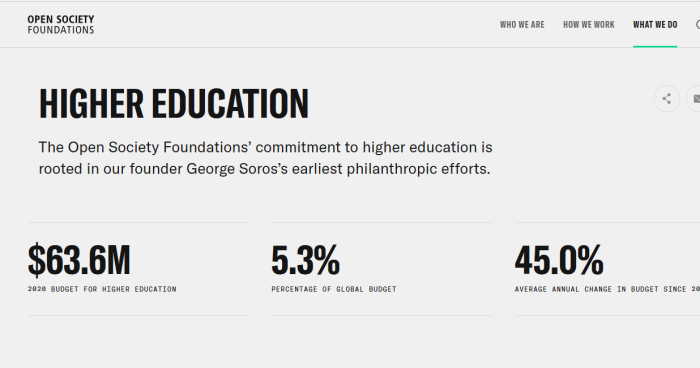
| GROUP | YEAR | AMOUNT GIVEN |
|---|---|---|
| John Hopkins University | 2017 | $15,000 |
| Fellows Of Harvard College | 2016 | $50,000 |
| University Of Maryland | 2017 | $49,000 |
| Fellows Of Harvard College | 2016 | $196,000 |
| Various Scholarships (12) | 2016 | $717,000 |
| Various Scholarships (12) | 2017 | $717,000 |
The above listings are just a small sample of what the various Open Society groups offer.
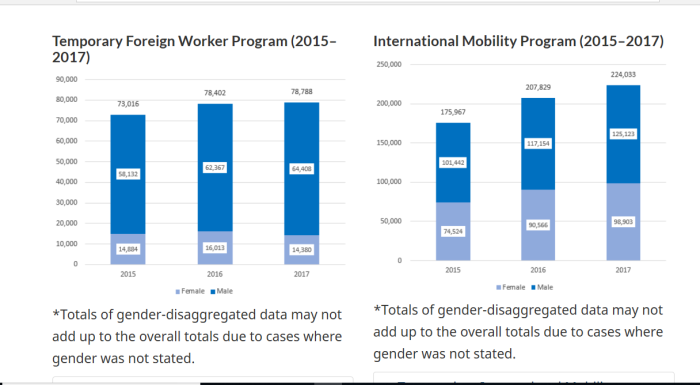
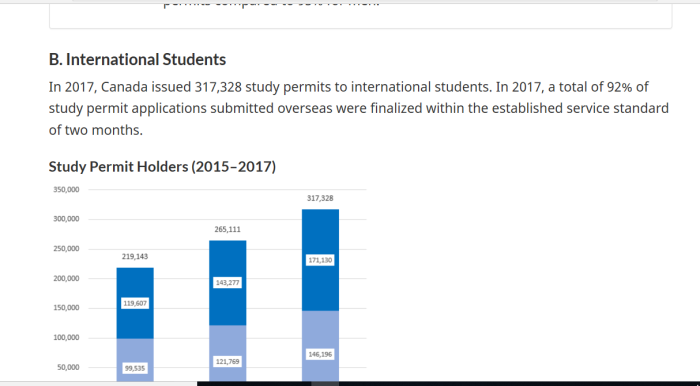
This has been addressed many times on this site. However, the typical Canadian is completely unaware of just how many students and temporary workers are being let into the country. While this is sold to the public as forms of “temporary” migration, the reality is that there are many pathways to stay longer.
10. Open Society Pushes For More Refugees
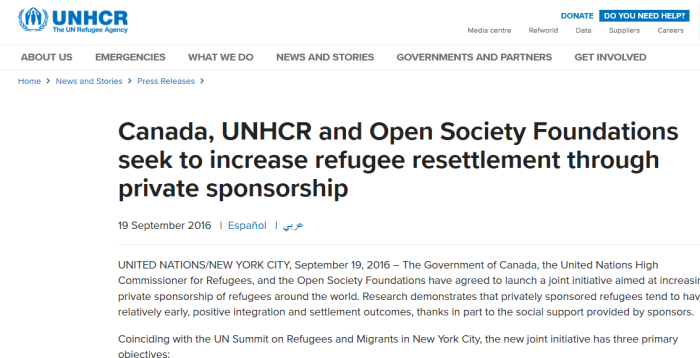
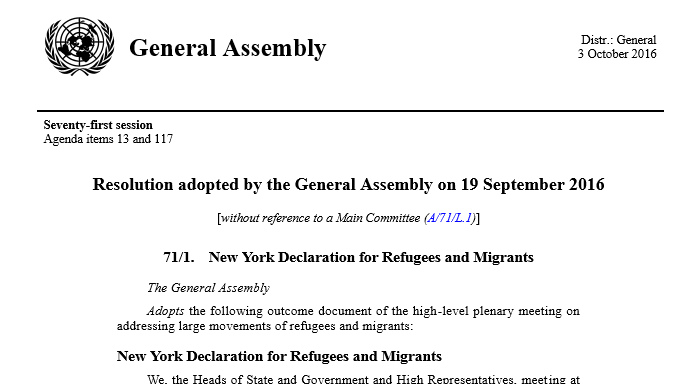
UNITED NATIONS/NEW YORK CITY, September 19, 2016 – The Government of Canada, the United Nations High Commissioner for Refugees, and the Open Society Foundations have agreed to launch a joint initiative aimed at increasing private sponsorship of refugees around the world. Research demonstrates that privately sponsored refugees tend to have relatively early, positive integration and settlement outcomes, thanks in part to the social support provided by sponsors.
This announcement came from the UN High Commission on Refugees.
In September 2016, a partnership was announced between the Canadian Government, the UN High Commission on Refugees and the Open Society, to bring more refugees to Canada.
Interesting side note: despite all the attention that the UN Global Migration Compact gained in 2018, few people seemed to care about its predecessor, the New York Declaration, which was adopted in September 2016.
11. UNCHR Party To Canada/U.S. Border
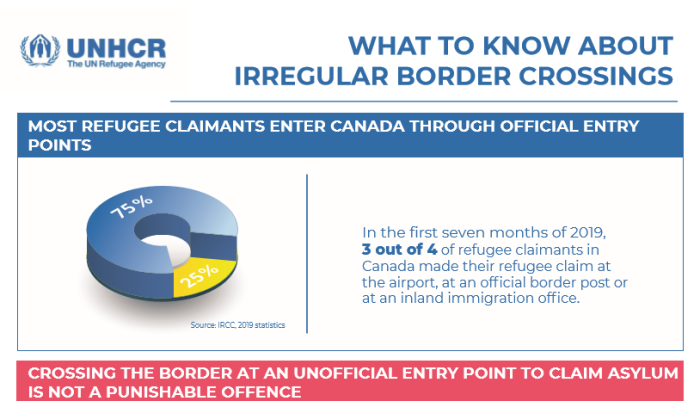
CONVINCED, in keeping with advice from the United Nations High Commissioner for Refugees (UNHCR) and its Executive Committee, that agreements among states may enhance the international protection of refugees by promoting the orderly handling of asylum applications by the responsible party and the principle of burden-sharing;
ARTICLE 8
(1) The Parties shall develop standard operating procedures to assist with the implementation of this Agreement. These procedures shall include provisions for notification, to the country of last presence, in advance of the return of any refugee status claimant pursuant to this Agreement.
(2) These procedures shall include mechanisms for resolving differences respecting the interpretation and implementation of the terms of this Agreement. Issues which cannot be resolved through these mechanisms shall be settled through diplomatic channels.
(3) The Parties agree to review this Agreement and its implementation. The first review shall take place not later than 12 months from the date of entry into force and shall be jointly conducted by representatives of each Party. The Parties shall invite the UNHCR to participate in this review. The Parties shall cooperate with UNHCR in the monitoring of this Agreement and seek input from non-governmental organizations.
Source is here. Serious question: why have Canada and the United States signed an agreement that quite clearly gives the UN a seat at the table?
Few people know this, but the UNHCR is legally speaking, a party to this agreement. It is not a bilateral pact between 2 countries, but includes at least 3. Yet this detail isn’t spoken about in the media.
In fact, Canada hasn’t had true border security since 2002 (when the Safe 3rd Country Agreement was signed), if it ever did at all. This is addressed in Part 7 of the series.
12. Open Society Finances Lawfare In Court
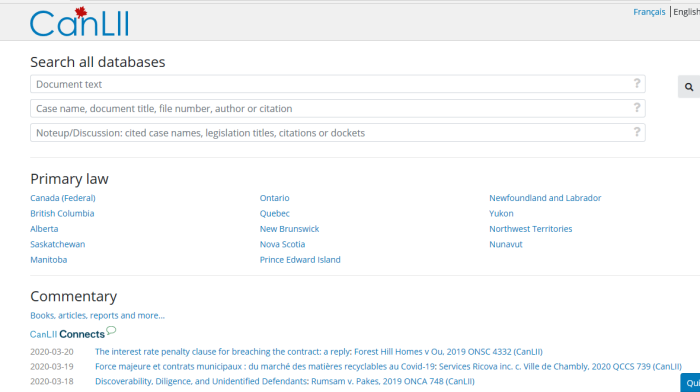
FIRST ATTEMPT: KILL “SAFE COUNTRY” DESIGNATION
(a) Federal Court, Trial Division, Rouleau J., [1989] 3 F.C. 3
(b) Canadian Council of Churches v. Canada,
Federal Court of Appeal, [1990] 2 F.C. 534
(c) Canadian Council of Churches v. Canada (Minister of Employment and Immigration), [1992] 1 S.C.R. 236
1992.SCC.Rules.No.Standing
SECOND ATTEMPT: KILL CANADA/US S3CA
(a) 2008 ruling S3CA has no effect
Docket: IMM-7818-05
rel=”noopener” target=”_blank”S3CA Provisions Struck Down
(b) The 2008 ruling is overturned on appeal
Canadian Council for Refugees v. Canada, 2008 FCA 229
Appeal granted, S3CA restored
THIRD ATTEMPT: TORONTO CASES TO STRIKE S3CA
(a) 2017, Prothonotary Milczynski considers consolidation
IMM-2229-17, IMM-2977-17, IMM-775-17
Milczynski Considers Consolidation
(b) 2017, CJ Crampton transfers cases to J. Diner
Crampton Transfers Consolidated Cases
(c) 2017, Justice Diner grants public interest standing
Citation: 2017 FC 1131
Amnesty Int’l, CDN Councils of Churches, Refugees
(d) 2018, Justice Diner grants consolidation of 3 cases
Citation: 2018 FC 396
Cases to be consolidated
(e) 2018, Justice Diner allows more witnesses
Citation: 2018 FC 829
2018.Diner.Calling.More.Witnesses
(f) 2019, Justice McDonald says no more witnesses
Citation: 2019 FC 418
2019.McDonald.No.More.Intervenors
Since 1989, NGOs have made at least 3 major attempts to have portions of our laws struck down. This would make it easier for fake refugees to enter from the United States. This has been addressed elsewhere in the series, such as in Part 16.
But an interesting piece of the puzzle was left out: who’s funding this? Who is the source of financing for the lawyers who want to strike down Canadian Borders?
| GROUP | YEAR | AMOUNT GIVEN |
|---|---|---|
| Amnesty International USA | 2016 | $350,000 |
| Amnesty International USA | 2017 | $350,000 |
| Amnesty International USA | 2018 | $250,000 |
This of course is the American counterpart, but Amnesty International works in similar ways across Western nations. Obviously, Amnesty International has many donors. However, the Open Society does contribute to groups who take Governments to court to allow refugees easier access.
13. Soros Allegedly Funding Civil Unrest
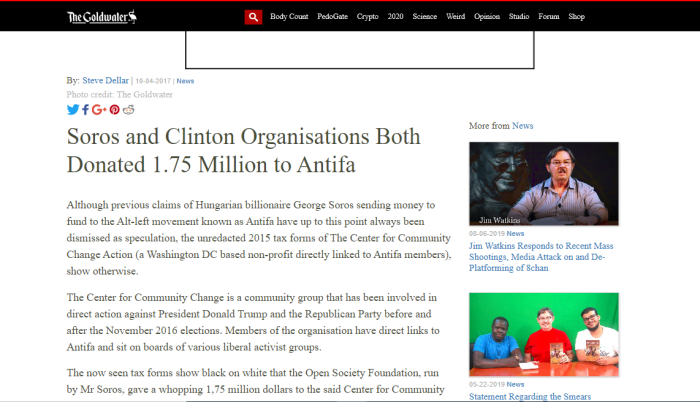
A disclaimer to start out with: given that these are still not proven fully at this point, the qualifier “allegedly” will be used here. It has been alleged that the Center For Community Change has helped finance and coordinate Antifa riots and other violent demonstrations, with money from the Open Society and other such groups.
| GROUP | YEAR | AMOUNT GIVEN |
|---|---|---|
| Center For Community Change Action | 2016 | $1,475,000 |
| Center For Community Change Action | 2017 | $2,500,000 |
| Center For Community Change Action | 2018 | $1,060,000 |
This data is available from the 2016 to 2018 tax returns for the Open Society Policy Center (EIN: 52-2028955). From the information presented, Open Society clearly does fund the group Center for Community Change Action. However, the group obviously doesn’t publicly admit to staging violence.
15. Caravans Facilitating Illegal Entry
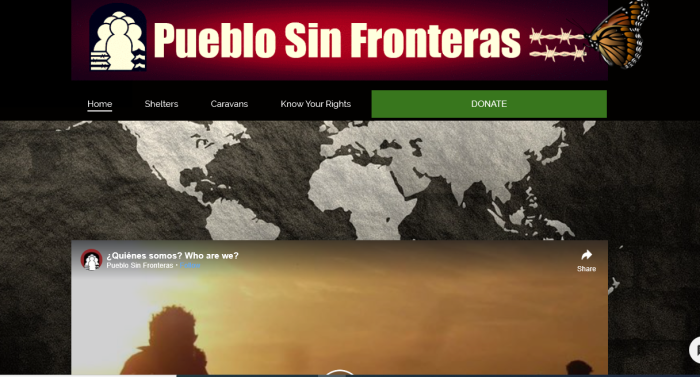
Pueblo Sin Fronteras is a transborder organization made up of human rights defenders of diverse nationalities and immigration statuses that promotes accompaniment, humanitarian assistance, leadership development, recognition of human rights, and coordination of know-your-rights training along migrant routes, as well as monitoring and raising awareness of human rights abuses against migrants and refugees in Mexico and the United States. Our accompaniment does not end at the border, it continues in the immigration detention centers of the United States and the communities in Mexico and the US.
This NGO openly admits that its agenda is getting people across the border from the United States into Mexico. The name, PUEBLO SIN FRONTERAS, loosely translates to “Town Without Borders”. It openly supports illegal waves of people (called Caravans) coming up north to the U.S.
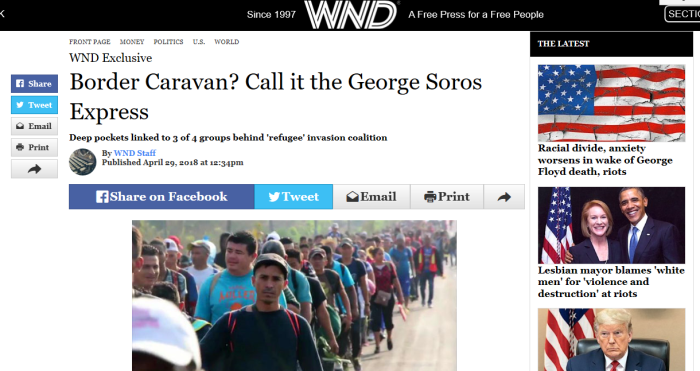
WASHINGTON – Hundreds of Central American migrants demanding asylum at the U.S. border with Mexico Sunday may be poor, but they have support of major foundations, corporations and billionaire George Soros for their well-organized caravan-style invasion.
The caravan is organized by a group called Pueblo sin Fronteras. But the effort is supported by the coalition CARA Family Detention Pro Bono Project, which includes Catholic Legal Immigration Network, the American Immigration Council, the Refugee and Immigration Center for Education and Legal Services and the American Immigration Lawyers Association – thus the acronym CARA. At least three of the four groups are funded By George Soros’ Open Society Foundation, WND has confirmed
Pueblo Sin Fronteras is a member of the National Day Laborer Network, which is affiliated with United for Justice and Peace, Caravan Against Fear and Freedom Road Socialist Organization. The connections run deep between left-wing activism and corporate and foundation sponsorship.
The Democratic Party links are also in strong evidence. Earlier this month, Oregon’s Democratic Governor Kate Brown accepted a contribution to her re-election campaign from Soros – his first direct involvement in that state’s elections. Three days later, Brown announced the Oregon National Guard would not be participating in President Trump’s effort to get the Guard providing border security.
The online site WND has reported that some of the groups behind the Pueblo Sin Fronteras movement have been receiving funds from the Open Society. They cite these following organizations:
- American Immigration Council 52-1549711
- American Immigration Lawyers
- Catholic Legal Immigration Network 52-1584951
- Refugee & Immigration Center For Education And Legal Services
https://apps.irs.gov/app/eos/
EIN: 26-3753801
EIN: 52-2028955
| GROUP | YEAR | AMOUNT GIVEN |
|---|---|---|
| American Immigration Council | 2016 | $190,000 |
| American Immigration Council | 2017 | $190,000 |
| American Immigration Council | 2018 | $35,000 |
| Catholic Legal Immigration Network | 2016 | $80,000 |
| Catholic Legal Immigration Network | 2017 | $80,000 |
The American Immigration Council and the Catholic Legal Immigration Network are both unquestionably being partially funded by the Open Society. It’s quite possible that one or both of the others are being funded through an intermediary.
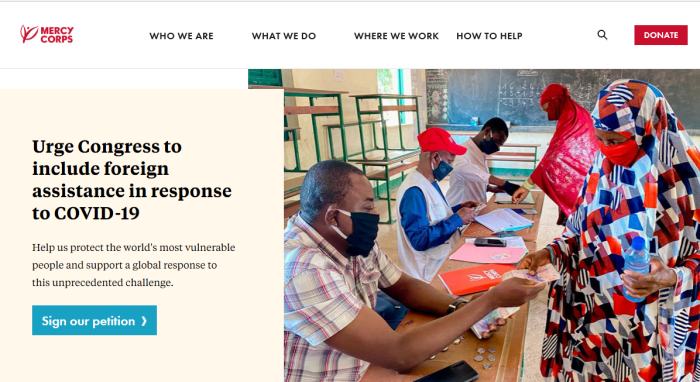
| GROUP | YEAR | AMOUNT GIVEN |
|---|---|---|
| Mercy Corps | 2016 | $150,000 |
| Mercy Corps | 2017 | $150,000 |
Worth a mention is the NGO called Mercy Corps, which helps bring large numbers of refugees to the West. Soros is a large supporter of them as well.
16. Trudeau Foundation Media Swamp
Why doesn’t the Canadian media do any real investigating into George Soros, the Open Society (any of those groups), or any of the money flowing to various globalist NGOs? Why aren’t MSM outlets doing much more to inform the public as to what is really going on?
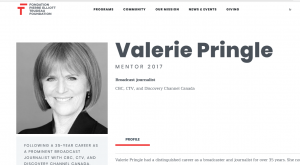
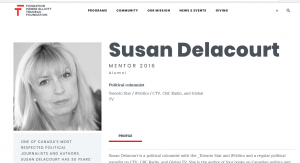
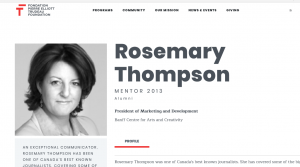
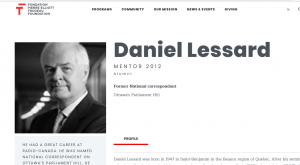
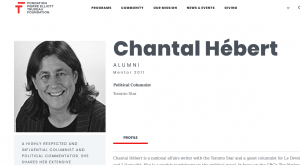
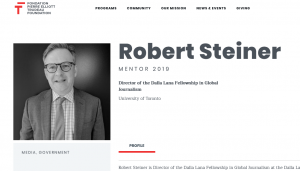
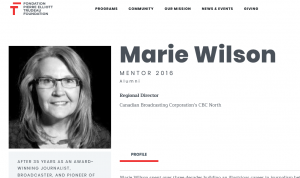
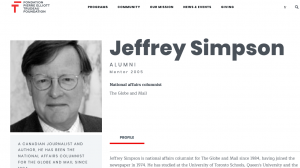
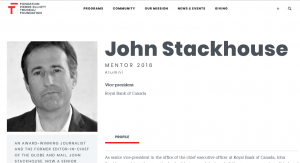
It was addressed in this piece before, that there are many prominent members of the Canadian media who also belong to the Trudeau Foundation. This is likely why (or at least part of the reason) that the coverage is so limited.
The connections between Soros and many nefarious groups is not difficult to piece together, yet the main media heads in Canada simply won’t do it. Refusing to cover a story, or only giving it superficial coverage, is an indication of being controlled opposition.
By contrast, Civilian Intelligence Network actually went into great length about Stephen Toope, the first President of the Trudeau Foundation. The group laid out his many globalist links. This is an example of how investigative journalism SHOULD be done.
17. Open Society Attacks In Many Ways
The Open Society (and groups like it) are waging a war against the West. They do this by funding and coordinating a number of events — both legal and illegal — meant to bring about our destruction. Some examples include:
- Financing lobby groups to invert social order
- Financing “education” to warp public opinion
- Financing scholarships to bring more foreign students over
- Lobbying to install open borders politicians into office
- Financing groups that challenge immigration/refugee laws in court
- Financing groups that facilitate illegal mass entries
- Financing groups that cause violence in public
Why aren’t these seditionist actions detailed in the mainstream media? Two main reasons are: (a) the MSM is financially dependent on government handouts; and (b) many members are part of the Trudeau Foundation, and similar groups. These conflicts of interest make it impossible for them to act effectively.
In 2018, there was a $595 million bailout of unprofitable media in Canada. This left many outlets in the awkward position of being dependent on the very government they are supposed to hold to account.
There isn’t just a single avenue that Soros or the Open Society groups take. This is a multipronged approach to attacking our civilization. The details need to be shared.
Make no mistake: these groups are our enemies.

